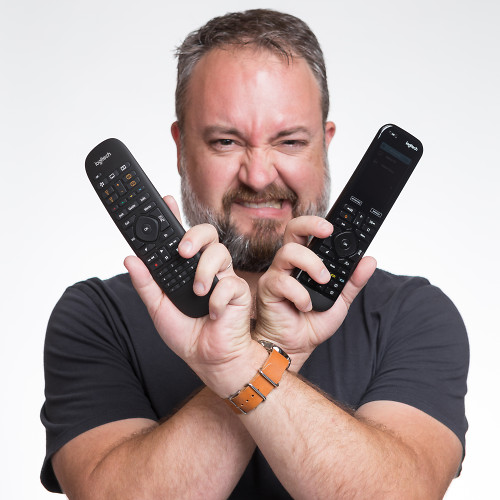Understanding the Economics of the Wireless Industry

The wireless industry does tend to boggle the mind at times. Wireless providers are spending money suing over how ads are phrased instead of using that funding toward improving services or discounting prices. Understanding the economics of the industry seems to have baffled traditional economic ways of thinking as well. Our friends over at The iPhone Blog shared a New York Times article that tried to make sense of the cellphone industry's economics.
According to Barry Nalebuff, an economics professor at Yale, "The whole pricing thing is weird. You pay $60 to make the first phone call. Your next 1,000 minutes are free. Then the minutes after that costs 35 cents.". In most business models, discounts are given to customers who buy more but the cellphone industry penalizes those who go beyond their plan.
The wireless industry uses the overage fees to motivate consumer to buy a bigger bucket of minutes to avoid the per minute fees. Consumers often choose the plan that avoid monthly penalty regardless of how many minutes are left on the table at the end of the month.
The one thing that stood out in the article was the commentary on subsidized (or discounted) phone prices. According to John Hodulik, an analyst for UBS Securities, the industry is trying to get away from big subsidies and would prefer consumers would pay full price for the phones. Consumers on the other hand like the discounted prices even if it costs them more in the long run.
Take the iPhone example in that AT&T initially wanted to the phone to cost $599, later cut it to $399, and required a $20 data package. Sales were good but when the iPhone dropped to $199 and the data increased to $30 a month, the sales skyrocketed.
So, is the economics of the wireless industry simply unique or an abnormality within the business world? Do you believe it's better to buy a bigger bucket of minutes to avoid overage fees or do you shop for the lowest cost per minute?
Get the Windows Central Newsletter
All the latest news, reviews, and guides for Windows and Xbox diehards.
Phil is the father of two beautiful girls and is the Dad behind Modern Dad. Before that he spent seven years at the helm of Android Central. Before that he spent a decade in a newsroom of a two-time Pulitzer Prize-finalist newspaper. Before that — well, we don't talk much about those days. Subscribe to the Modern Dad newsletter!

